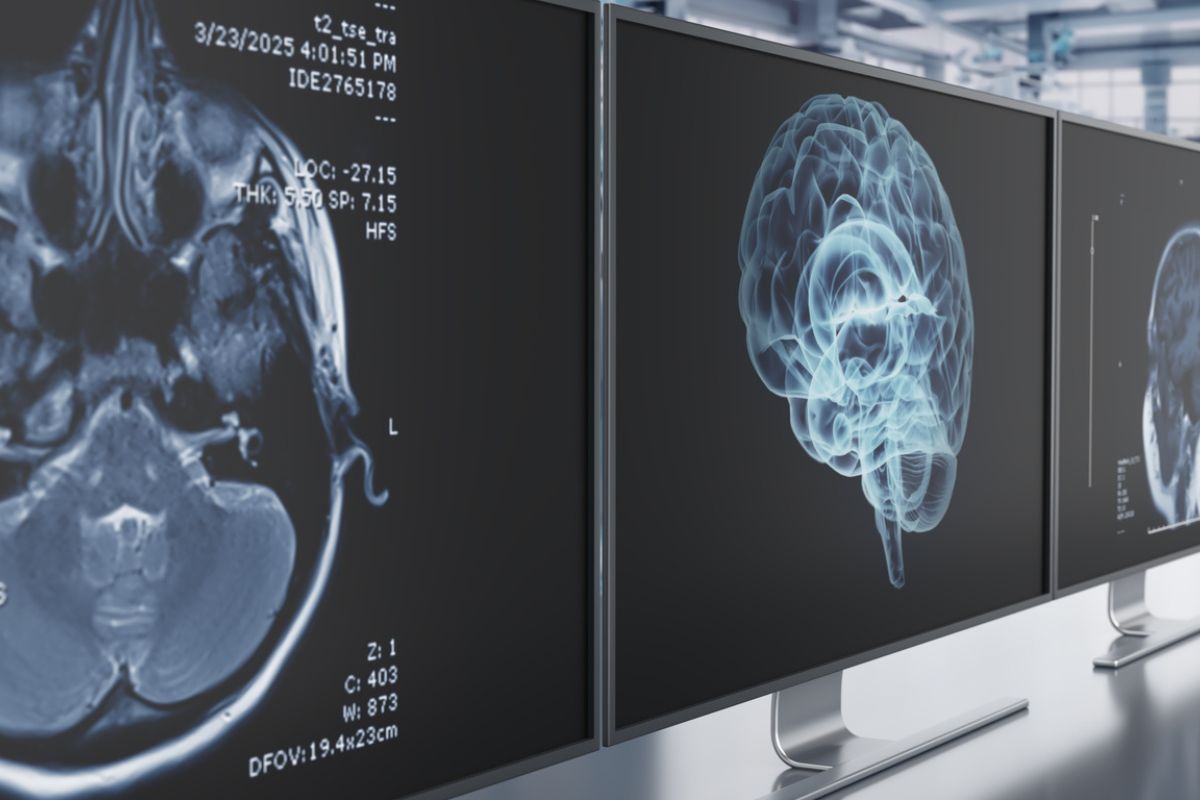The mysterious illness known as Havana Syndrome is not the result of an attack by a foreign adversary, concluded a comprehensive report compiled by seven US intelligence agencies.
The ailment is so named because it was first reported in 2016 by C.I.A. officers stationed in the Cuban capital of Havana. Recorded cases now span across at least a dozen other locations across the world, including China, Russia, and Europe.
More than 1,500 diplomats and intelligence agents say they began experiencing the symptoms including severe head pain, tinnitus, vertigo, and cognitive difficulties, after hearing a strange, loud noise followed by intense pressure in their heads. Effects can be long term and debilitating, with some victims using hearing aids to help counteract the constant ringing in their ears.
The report addressed the question of whether “one or more foreign actors bears responsibility,” either deliberately or unintentionally, for causing anomalous health incidents, or AHIs.
Newly Discovered SLYM Membrane Was Brain’s Best Kept Secret
Auditory Hallucinations After Microvascular Decompression for Intractable Trigeminal Neuralgia
Vitamin B12 Deficiency With Various Psychiatric Symptoms and Cognitive Impairment
It is “very unlikely” that Russia or some other entity hostile to the United States is responsible for Havana Syndrome’s unexplained neurological effects, the unclassified report determined. This contradicts previous theories proposed by the government, as well as independent scientists, that the illness may result from an attack by an unidentified “energy weapon.”
Of the seven agencies involved, two expressed moderate-to-high confidence in the findings, while three expressed moderate confidence. Two agencies judged it is “unlikely” an adversary was responsible for AHIs but do so with low confidence based on collection gaps and their review of the same evidence. Still, none directly challenged the conclusions.
In a statement, the C.I.A. director, William J. Burns, said the summary is the product of more than two years of “rigorous, painstaking collection, investigative work, and analysis.”
According to The Washington Post, which first broke the story, the investigation “contradicts in nearly every respect” of claims from the afflicted individuals that they were “victims of a deliberate attack—possibly at the hands of Russia or another adversarial government.”
Burns said he stands firmly behind the work conducted and the findings, but pushed back on the idea that the report minimized the experience of the victims.
“I want to be absolutely clear: These findings do not call into question the experiences and real health issues that U.S. government personnel and their family members—including C.I.A.’s own officers—have reported while serving our country,” Burns’ statement read.
The statement went on to say that the agency would work to address the “real health issues” experienced by the victims with “honesty and compassion.”
Congress certainly takes Havana Syndrome seriously. In 2021, it passed the Helping American Victims Afflicted by Neurological Attacks (HAVANA) Act, which awards compensation to affected individuals and their dependents for “qualifying injuries to the brain.”
The report did not offer any alternative medical explanations for the sonic injuries, though a government commission concluded last year that the symptoms could not have been caused by stress or psychosomatic reactions. Although the government vowed to continue its investigation, for now, the exact origins of the illness remain unknown.



